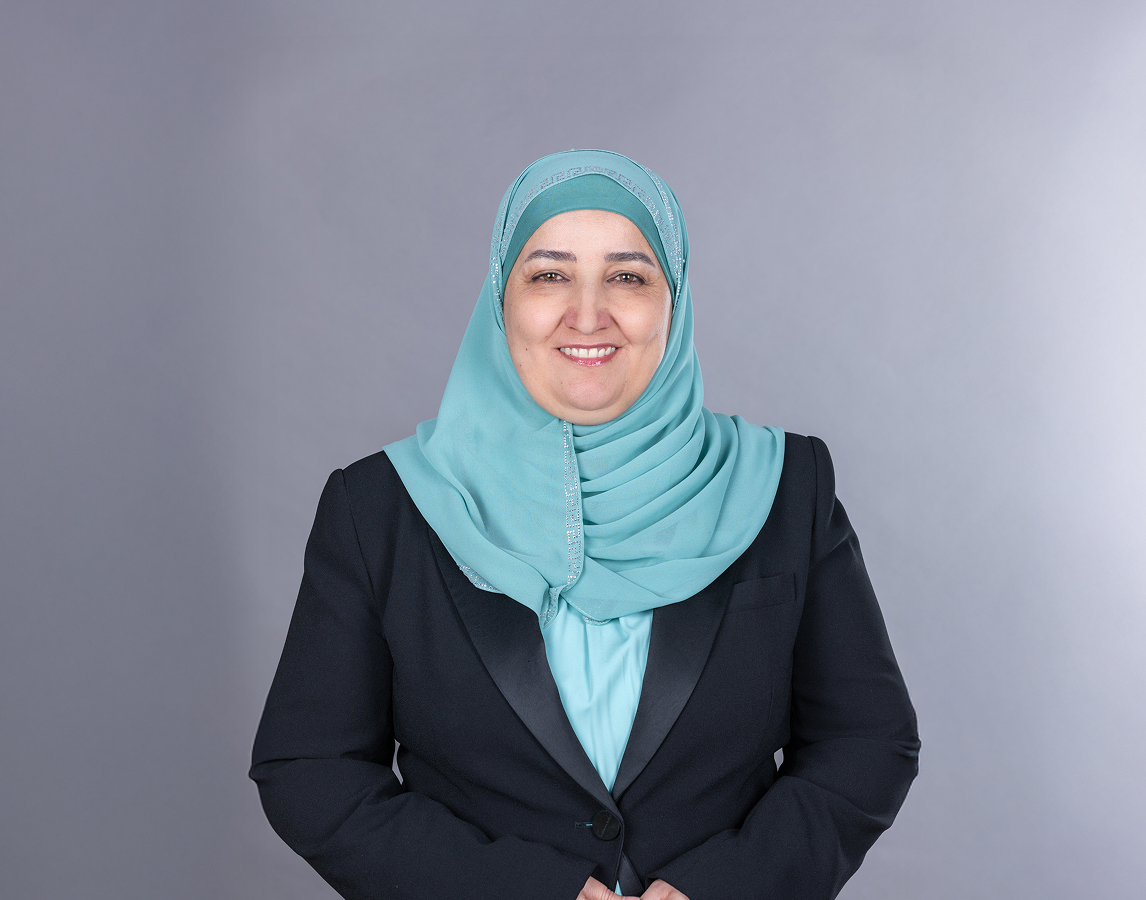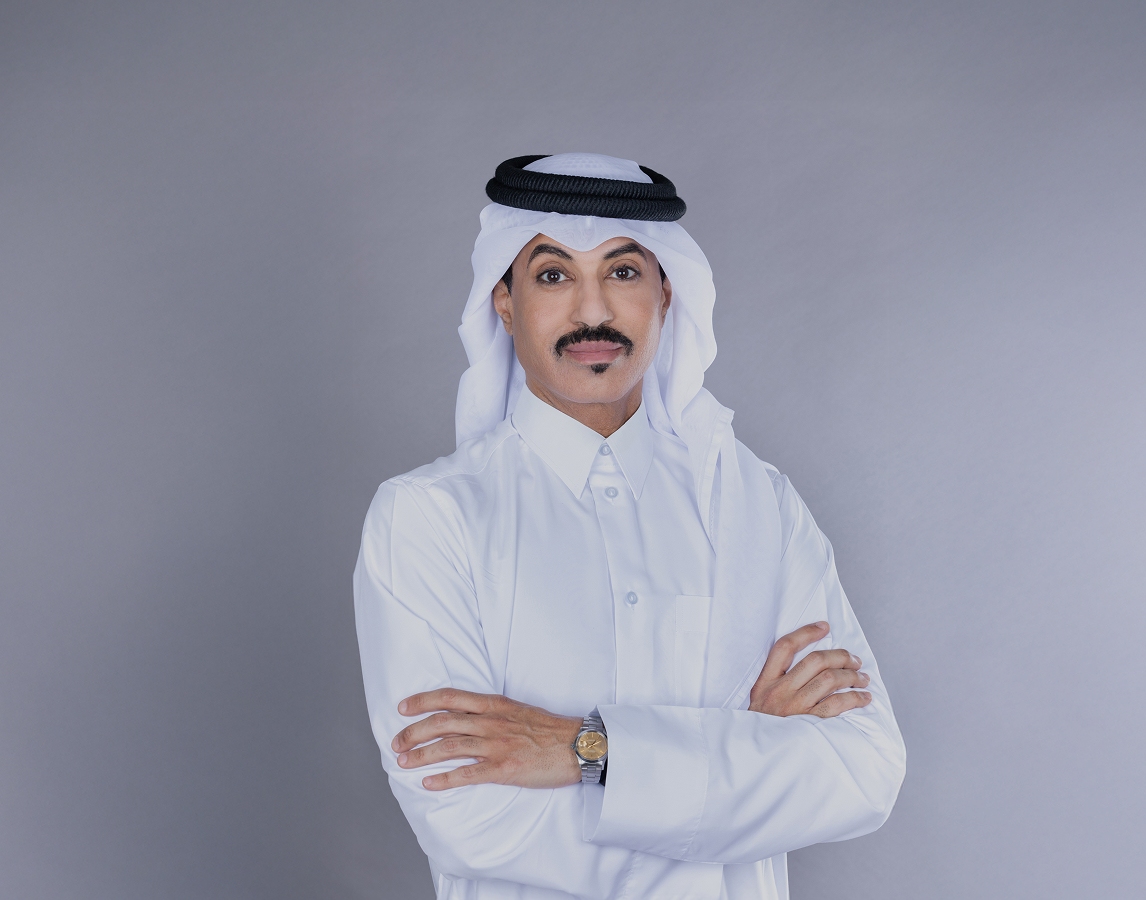From Tokyo to Osaka: A Journey of Health and Culture

By Abdulla Al-Mohannadi, Forums Manager, WISH
Health progress is not only about data and policies; it also rides on the stories we share in our daily lives, which are the lived experiences. A recent business trip to Japan gave me as a representative from World Innovation Summit for Health (WISH) — Qatar Foundation’s health policy center — the chance to meet Japanese partners and pick up cultural lessons that echo Qatar’s own ways.
From busy high-level meetings in Tokyo all the way to the signing ceremony at the Qatar Pavilion in Osaka 2025 Expo, the journey showed how cultural traditions, speed and diplomacy can sit together and turn research into real help. With Osaka Expo 2025, the experience along the rail line between the two cities might become a sketch for building strong, equitable health ties everywhere. In both Qatar and Japan, wisdom teaches us that cooperation is the foundation of resilience, as the Japanese proverb teaches 一人は皆のために、皆は一人のために— one for all, all for one — cooperation is the foundation of resilience.
Tokyo: Building Knowledge Bridges
The journey started in Tokyo, a city where tradition and innovation coexist harmoniously. At the University of Tokyo, WISH colleagues and I met with experts working on digital technology, global health, sustainability and policy translation. Both conversations reflected a common interest: to turn scientific evidence into actionable public‑health practice and to harness technology for the greater good for global health advocacy purposes (for example, by recording and sharing people’s stories from affected areas by conflict and disasters). This, of course, aligned with WISH’s mission: to “walk the talk” by translating evidence-based policy and health advocacy to become tangible action for better health outcomes and impact.
A meeting with Japan International Cooperation Agency (JICA) added another dimension. JICA’s long-standing work — from maternal health projects in Africa to health‑system strengthening support across Asia — gave concrete pictures of how development aid can drive socio‑economic growth and health security.
At the Sasakawa Peace Foundation, discussions highlighted the philanthropy and “Sasakawa-style” public diplomacy, stressing that giving can push social fairness forward and foster a peaceful, secure, and inclusive society. Meanwhile, the United Nations University (UNU) reminded everyone how resilience and preparedness matter when pandemics and climate hits happen together.
All of these discussions showed Japan’s deep-rooted commitments to global health and opened doors for WISH to act as a bridge between Qatar’s innovation agenda with Japanese expertise in research, policy, technology and development.
Lessons in Efficiency: The Shinkansen Experience

After a long day of meetings, I headed to Tokyo Station at around 3:15 pm, luggage in hand, to board the Nozomi Shinkansen -fastest Japanese bullet train- bound for Osaka, hoping to see the famous Japanese efficiency in motion. The train’s sleek shape, on‑time departure and smooth ride felt like a culture that blends speed with careful detail.
Following the advice of a Japanese colleague, I stopped at the ekiben (train station bento) stalls inside the buzzing station. The bento selection was stunning, which included colorful cold assortments, steaming self-heated boxes, and even playful ones shaped like Shinkansen trains. I grabbed a salmon bento, carefully packed with fresh ingredients. With only minutes to spare, I rushed to the platform and boarded, finding my reserved D-side seat—the best for catching glimpses of Mount Fuji along the way. It seemed to follow the same logic as the train: preparation, balance and neatness.
While the train accelerated to over 300 km/h, I opened the bento and watched Mount Fuji’s snowy top. That moment made a key point for health diplomacy clear: being fast does not mean dropping humanity. Careful planning, thoughtful execution and an eye for beauty can live together, giving experiences that feed body and spirit.
Bento and Safartas: Shared Traditions Across Cultures

The simple act of eating an ekiben made me think of Qatar’s own history and travel habits. The experience brought back stories my uncle used to share about himself. Decades ago, Qatari men workers on lorry trucks traveled to the Dukhan oil fields, carrying their سفرطاس ‘safartas’ —meaning ‘travel bowls’ hand‑made tiffin boxes put together by families. These meals kept laborers going during exhausting hours in the desert, just as Japanese ekiben keep riders on high‑speed rails.
At first glance, the two customs look far apart. Yet both show resilience, forward‑thinking and a strong social side. In Qatar, the safartas builds family ties; in Japan, the ekiben creates a quiet moment of shared culture among travelers. Both traditions remind us that food is not just fuel – it represents a social dimension for community, care and efficient use of resources.
For people in global health, the parallel stresses the universal worth of balanced diets, careful prep and the social capital that comes from sharing a meal. They remind us that health is woven not only through healthcare facilities but also through everyday habits that bind societies together.
Partnerships for Global Health Impact

The Shinkansen’s arrival in Osaka ended the trip with the signing of a Memorandum of Understanding (MoU) between WISH and the University of Tokyo. The ceremony, staged at beautiful Qatar Pavilion, announced a framework for joint health‑research projects, policy urging and capacity‑building work.
In my short welcome remarks, I quoted two sayings that catch the spirit of this tie. The Qatari proverb “ربع تعاونوا ما ذلوا” —when companions cooperate they never weaken— and the Japanese proverb “人は皆のために、皆は一人のために” —one for all, all for one— line up on one idea: working together is the base of resilience and progress.
Beyond the symbolic gesture, the MoU hopes to weave research quality, cultural understanding and policy translation into a health‑diplomacy model that gives solutions that fit locally but echo worldwide. This fits WISH’s core goal to convene and make ‘a healthier world through global collaboration’ through boost resilience and turn evidence into real impact.
WISH will continue as a convener and a place for dialogue, evidence translation and advocacy – building bridges between nations, schools and cultures.
May ALLAH grant success.
Abdulla S. Al-Mohannadi, Forums Manager and researcher at WISH- Qatar Foundation, leads the development of research-driven forums and health policy content. His work focuses on physical activity promotion, public health strategies, and multisectoral collaboration. A passionate cyclist, he explores global cultures and causes through charity rides with Qatar Cyclists.



